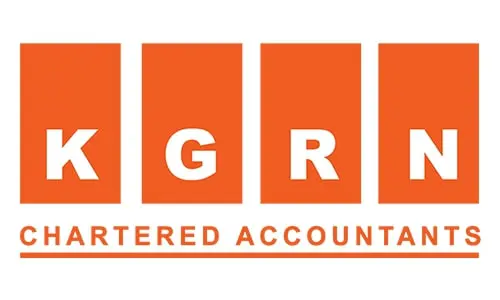While conducting a sales audit, the organization’s sales department is primarily targeted for increased efficiency. Either a sales auditor from within the company or from outside does it. The hiring process, market analysis, such as a SWOT analysis, and a review of the company’s sales strategy are typically included in a sales audit.
It is important to remember how closely connected a company’s sales and marketing teams are. The marketing department supports the sales department by attracting potential customers, so both of these departments are taken into account when conducting a sales audit. If the sales department aids in strategizing the volume of goods and services to be sold.
A well-conducted sales audit has a number of advantages, including improving sales performance, strengthening the company’s reputation with stakeholders and outside parties, reducing total capital expenses, and allowing it to identify any unethical and fraudulent practises, among many other advantages.
For retail establishments at shopping malls in the UAE, a sales audit is required. It may be necessary for the company performing a sales audit or a gross turnover audit to provide an audited turn over statement to the appropriate authorities. The total sales a retail company generates in a given financial period or year is known as gross turnover. After validating the revenue/gross sales produced by the company during that specific period, the auditor conducts the sales audit and delivers the turnover report.
This is a common practise by the mall management and property management, who charge a set proportion from the tenant and retail owner based on their generated revenue. Doing a sales audit
The following processes will be part of a UAE sales audit in accordance with law:
- daily sales are checked against supporting documentation.
- According to the terms outlined in the contract, the auditors prepare the audit report and the audit.
- The gross sales report and list of sales invoices for the leasing term are compared to the relevant ledgers or ledgers, and then verified as being identical.
- The sales amount is compared to the invoice list, and a vouching is performed for the sample invoices from the sales report.
- The integrity of the total sales statement is verified by checks.
- In order to ensure the sufficiency, accuracy, and completeness of sales data, auditors examine the current internal control system for revenue / invoicing cycle.
The sales auditor will look at the following paperwork as they do the audit:
- Periodic Sales Report Trade Permit
- Financial data from a bank statement
- Revenue figures are shown in the bank statement.







